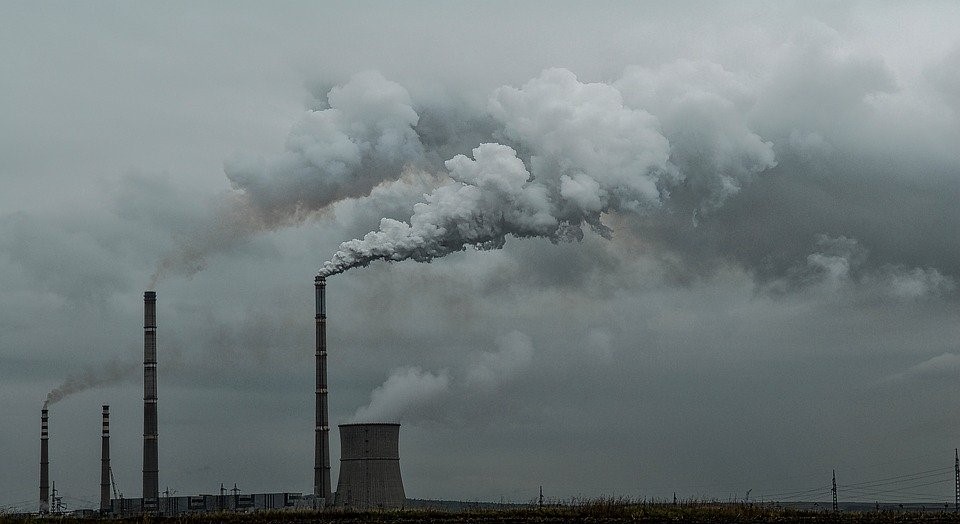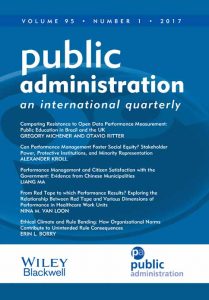Gender, Political Change, and the Macro-Social
It is clear that there is a reciprocal relationship between politics and our social world; while political action acts on our social environment, social phenomena equally shape our political landscape. In this vein, there has been a growing acknowledgment that social facts, like gender, deeply influence who rises to political power as well as the policies they are able to enact. For example, over the past two years our country has frequently discussed how masculinity contributed to the rise of...


















